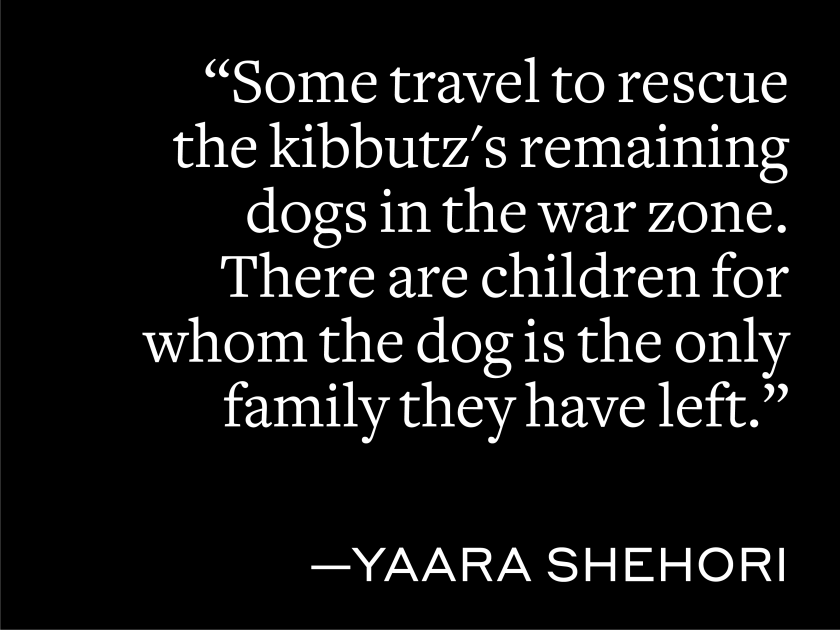Join a community of readers who are committed to Jewish stories
Sign up for JBC’s Nu Reads, a curated selection of Jewish books delivered straight to your door!

This piece is one of an ongoing series that we will be sharing in the coming days from Israeli authors and authors in Israel.
It is critical to understand history not just through the books that will be written later, but also through the first-hand testimonies and real-time accounting of events as they occur. At Jewish Book Council, we understand the value of these written testimonials and of sharing these individual experiences. It’s more important now than ever to give space to these voices and narratives.
In collaboration with the Jewish Book Council, JBI is recording writers’ first-hand accounts, as shared with and published by JBC, to increase the accessibility of these accounts for individuals who are blind, have low vision or are print disabled.
The views and opinions expressed above are those of the author, based on their observations and experiences.
Support the work of Jewish Book Council and become a member today.
Yaara Shehori is an Israeli novelist and poet. She has been an editor of Hebrew literature at Keter Books since 2013. In 2015, Shehori was awarded the Prime Minister Levi Eshkol Creative Writing Prize for Writers and Poets and the Minister of Culture’s Prize for Upcoming Writers. She holds a PhD in Hebrew literature from the Hebrew University of Jerusalem and was awarded a Fulbright scholarship and a fellowship from the University of Iowa International Writing Program. In 2017, Aquarium was recognized with the Bernstein Prize for the best original Hebrew-language novel.